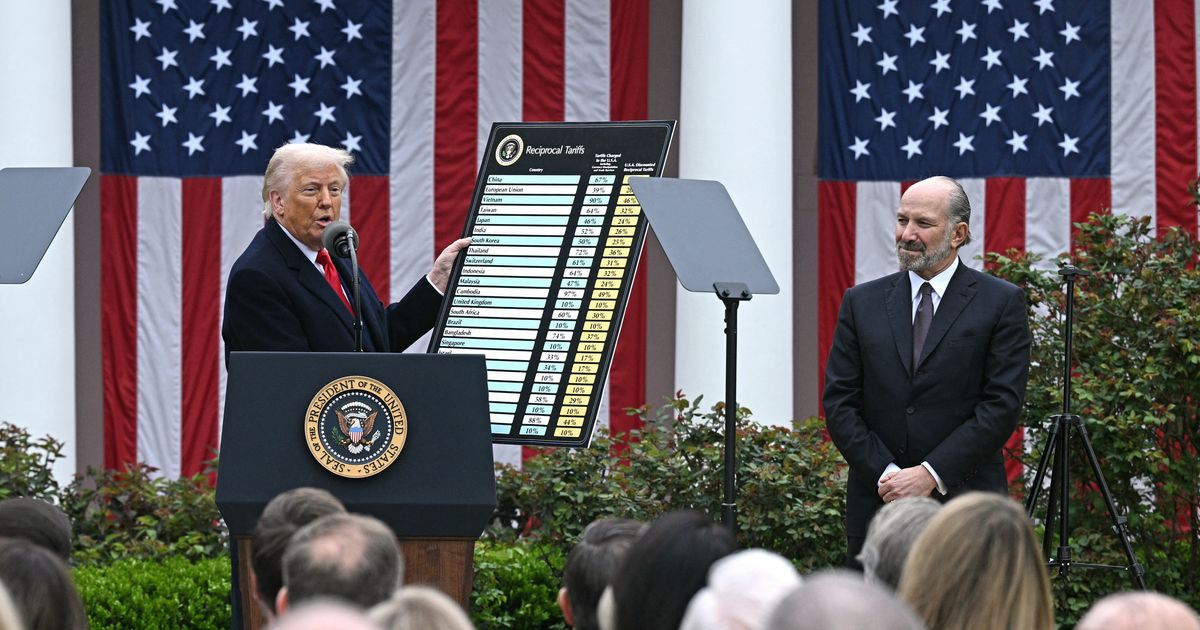
"A formal pronouncement that we are under attack - by immigrants, by protesters, by economic conditions, by whatever a paranoid mind might conjure - can carry political benefits. Fear rarely fails, and Trump has a knack for taking the winning side of those 80/20 issues. And, legally, an emergency declaration can unlock fringe-extreme executive powers. But over the past few weeks, the federal courts have drawn a line. Not everything bad is an emergency, it turns out."
"When Trump went on a tariff bender this past spring, his advisers plumbed the law books and came up with the International Emergency Economic Powers Act of 1977. Trump declared that "large and persistent annual U.S. goods trade deficits" pose an existential threat to our "economic sovereignty" - notwithstanding the fact that a trade deficit isn't necessarily a bad thing (it just means we import more than we export from a given country) and that we've run deficits for at least five decades continuously."
President Donald Trump frequently declares national emergencies to gain political advantages and to unlock expansive executive powers. He invoked the International Emergency Economic Powers Act to justify tariffs, claiming persistent U.S. goods trade deficits threaten economic sovereignty despite trade deficits not necessarily indicating harm. The Court of International Trade and the Federal Circuit rejected this use of the emergency statute, though the appeals court temporarily allowed the tariffs to remain. The Federal Circuit criticized repeated emergency declarations. The Supreme Court agreed to hear and expedite the tariff case, with a decision expected by year-end.
Read at Intelligencer
Unable to calculate read time
Collection
[
|
...
]